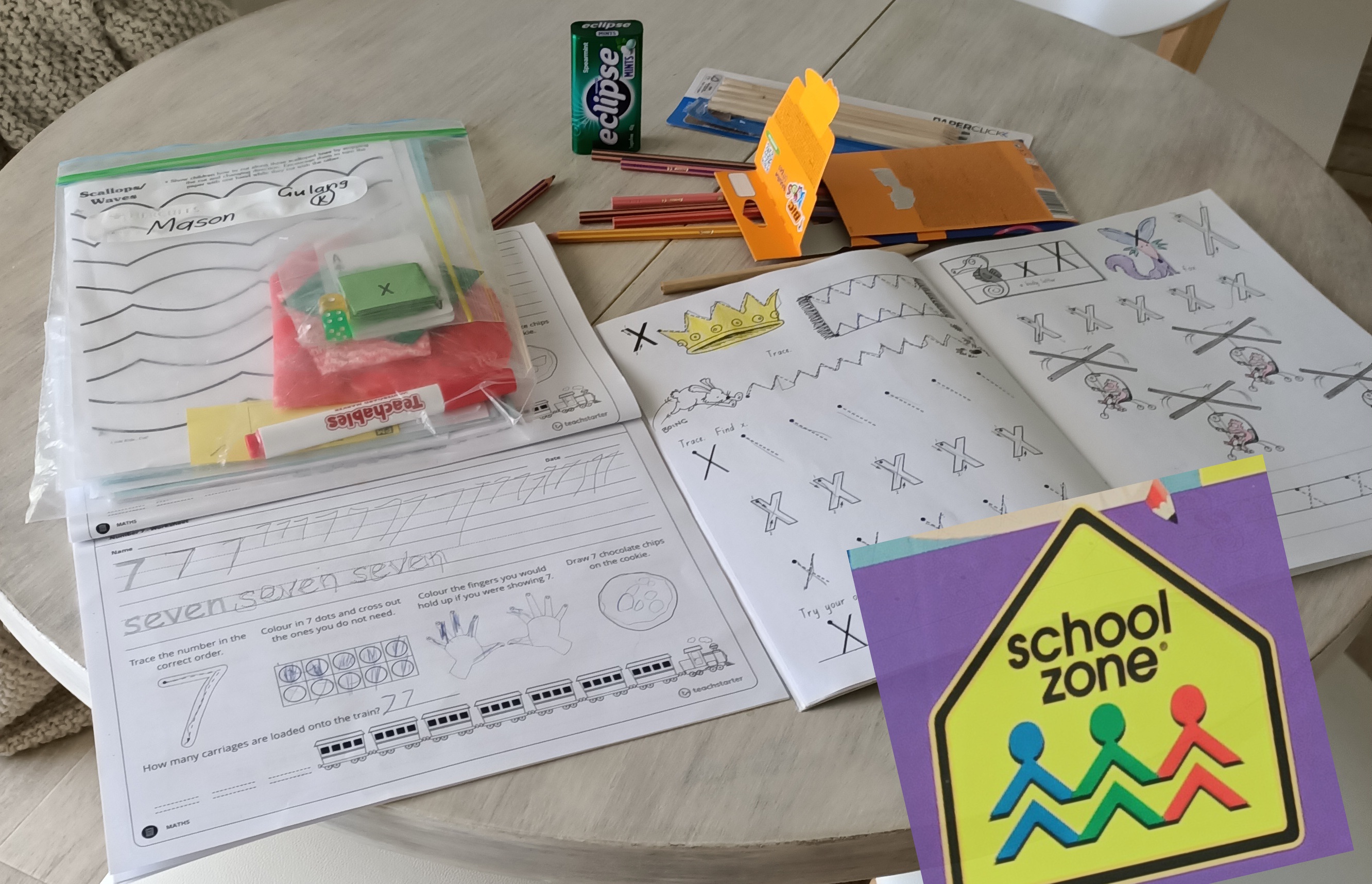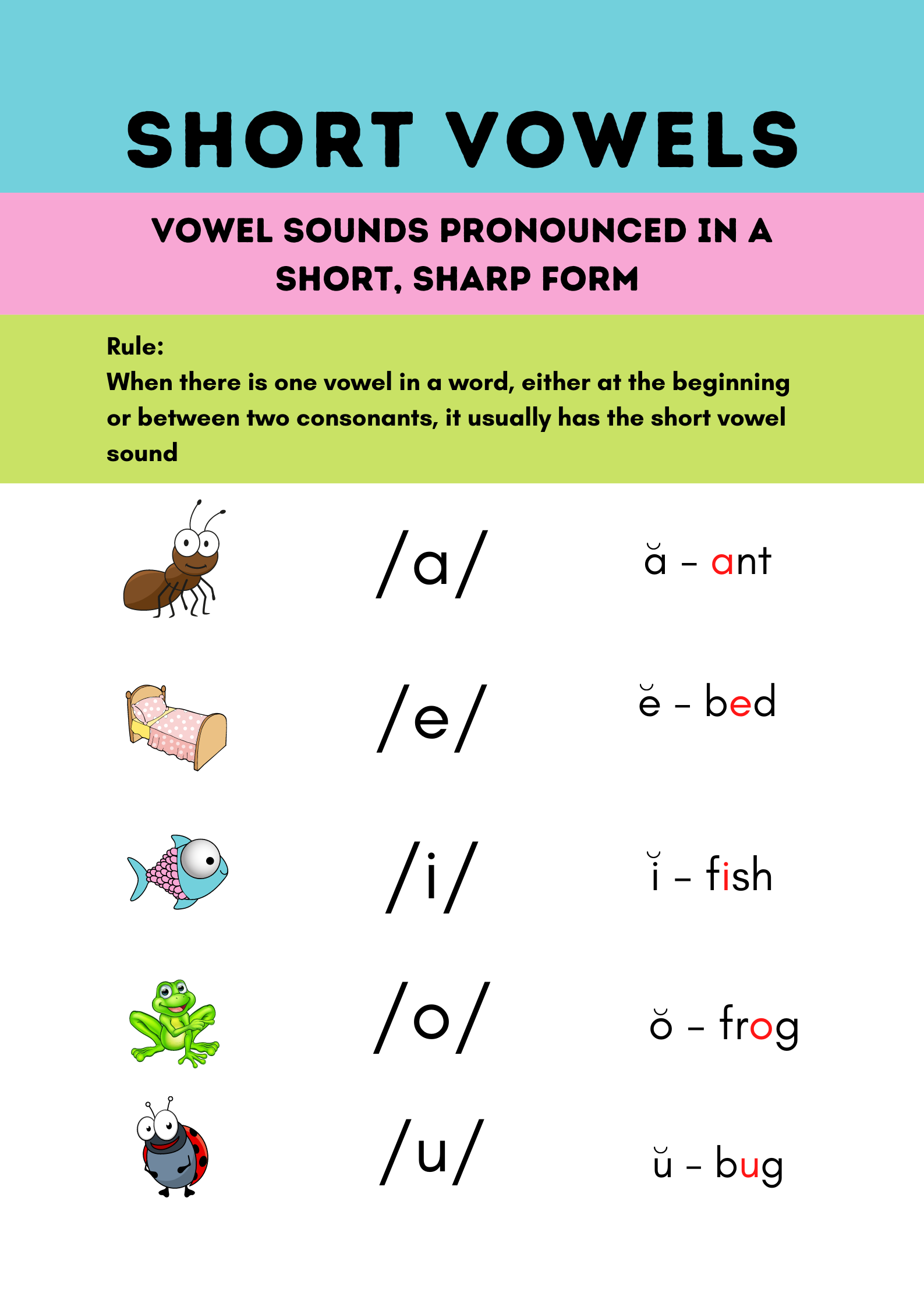
English Pronunciation Guide
THERE ARE 44 BASIC SOUNDS IN THE ENGLISH LANGUAGE, REPRESENTED BY 26 LETTERS OF THE ALPHABET. Of these, 23 are vowels, which is quite a lot more than in some other European languages, like Spanish, or Italian. Nonetheless, English leans more to the consonant side when it comes to the vowel/consonant balance. The preponderance of consonant clusters causes a lot of trouble for east Asians learners, in particular. Vowels are pronounced with the mouth open, while consonants are created by obstructions to the breath. At the beginning of English words, consonants are typically pronounced with their standard voicing unless influenced by certain factors such as dialectal variations, speech impediments, or stylistic effects. Labials, for example, are consonants made by either of the lips. [ð], on the other hand, is a dental fricative and is produced by pushing the tip of the tongue into the top teeth. Dentolabials, found only in pathological speech, refers to pushing the tip of the tongue into the bottom teeth.

Introducing the Schwa, the Upside Down e
BECAUSE OF THE mismatch between the number of sounds in English and the number of letters used to represent them, there are often difficulties in trying to spell English words phonetically. This is actually one of the biggest complaints of non-native speakers when they learn English. To help overcome this problem, phonetic symbols were developed to represent the natural sounds of language in a scientific way. The International Phonetic Association has created a system that catalogues the sounds which can be used not only in English, but any language in the world (even Klingon, and Sindarin!). While some of the IPA symbols look quite familiar to most people (for example, [i] and [a]), others are more abstract. The letter [ǝ], otherwise known as the schwa, is one of the most common sounds in the English language, but is often ignored by foreign learners. It is a vowel, designated as the mid central vowel to be specific, and sounds something like "uh". Because it doesn't exist in many languages apart from English, it is difficult for English learners to master.
Stress & Articulation
STRESS REFERS to the prominence given to particular syllables in a single word. By making the syllables longer, louder and higher in pitch, we draw attention to them. This can be done for grammatical reasons (to differentiate between verbs and nouns, for example), or simply to highlight a particular word. While some languages like French stress syllables at the end of the word, in English the first or second syllable are usually stressed. Interestingly, loan words from French have maintained their original style of pronunciation (such as "hotel" (hotel) and "cafe" (cafe). Many English words have the same spelling for both the noun and verb form. When the noun and verb of a word from the same family are spelt identically ("insult", "address", "lecture", etc), the syllables are stressed differently. For nouns, the first syllable is accented; for verbs, the second syllable is accented. Eg:Produce (Noun) ......... Produce (Verb)
Convert (Noun) ......... Convert (Verb)
Stress Within a Sentence
WHEN NATIVE speakers talk in English at a regular speed, certain words are stressed while others are left unstressed. In general, new information is often stressed, while old information is not. Often the unstressed words are the "grammatical" words, like modal verbs ("have", "can" and "will"). Articles, pronouns and prepositions are also unstressed. The humble schwa is often used to replace unstressed syllables. Here are some examples:"You can sit down here" .......... [Jǝ kǝn sit down here].
"I do yoga every morning" .......... I dǝ yoga every morning.
"Do you know the way to the station?" .......... Dǝ yǝ no ðǝ way tǝ ðǝ station?"
"Far away" .......... Fa rǝway
"Still advertising" .......... Sti ladvǝrtīziNG
"Surf's up" .......... Sǝrf sǝp
Voiced vs unvoiced sounds
VOICING IS is a distinctive feature of English. In English, sounds can be voiced or unvoiced. This makes a contrast with some other languages like Korean, which do not recognize any distinction between the two. Voiced sounds are produced by vocal chord vibration. For example, all vowels are voiced, while "l" is unvoiced. The choice of how to pronounce the "ed" at the end of verbs in the past tense is determined by whether the final sound in the verb stem is voiced or unvoiced. If a verb base ends in a voiceless sound, then "ed" is pronounced "t". If the base ends with a voiced sound, it is pronounced as "d". If the base ends with a "t" or "d" sound, then the full "ed" is pronounced. See Google's pronunciation tool! TH sound: push your tongue into the top teeth, and blow air out.Learning an Accent
IT IS a good idea, when learning a foreign accent, to start first with an extreme stereotype of the dialect (say Steve Irwin, for Broad Australian) and then become more natural later on.Common Weaknesses in Different Language Backgrounds
THERE ARE probably some sounds in English which do not exist in your language, and others which are similar but not exactly the same. Many native speakers have trouble spelling homophones (words with the same pronunciation but different meanings and different spelling.) For example, they might write "cereal killer" instead of "serial killer". Curiously, foreign students of English have more trouble with homographs (words which look identical but have a different pronunciation and meaning.) English spelling is confusing enough, without needing to consider words which look the same, but sound completely different! As always, it is good to look at the context. EAST ASIANSUsing rising intonation to contrast different parts of the sentence, or to end a sentence in a question. CHINESE WEAKNESSES
See here. INDIAN WEAKNESSES
P/B.
Alveolar trill (rolled [r]).
S at the start of words MALAY MISTAKES
Lack of aspiration.
Use plural "s" after verbs, nouns, etc, inappropriately.
RUSSIAN MISTAKES
Open-mid back rounded vowel.
Say "gammer" instead of "grammar". SHADOWING
RECOMMENDED WEBSITES & WEBLOGS
» Engoo
» Forvo
» Star Pronunciation
» Ted Power
» YouGlish




Can't open random/book_lesson
No files in directory to display.
Can't open random/copyright
No files in directory to display.
Can't open random/donations
No files in directory to display.
